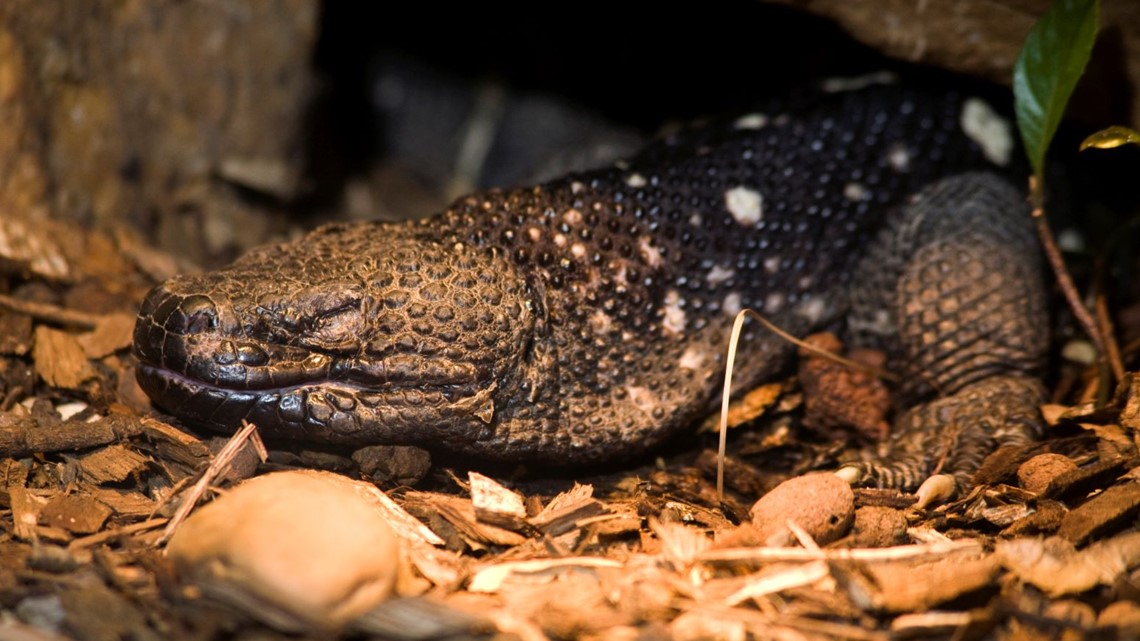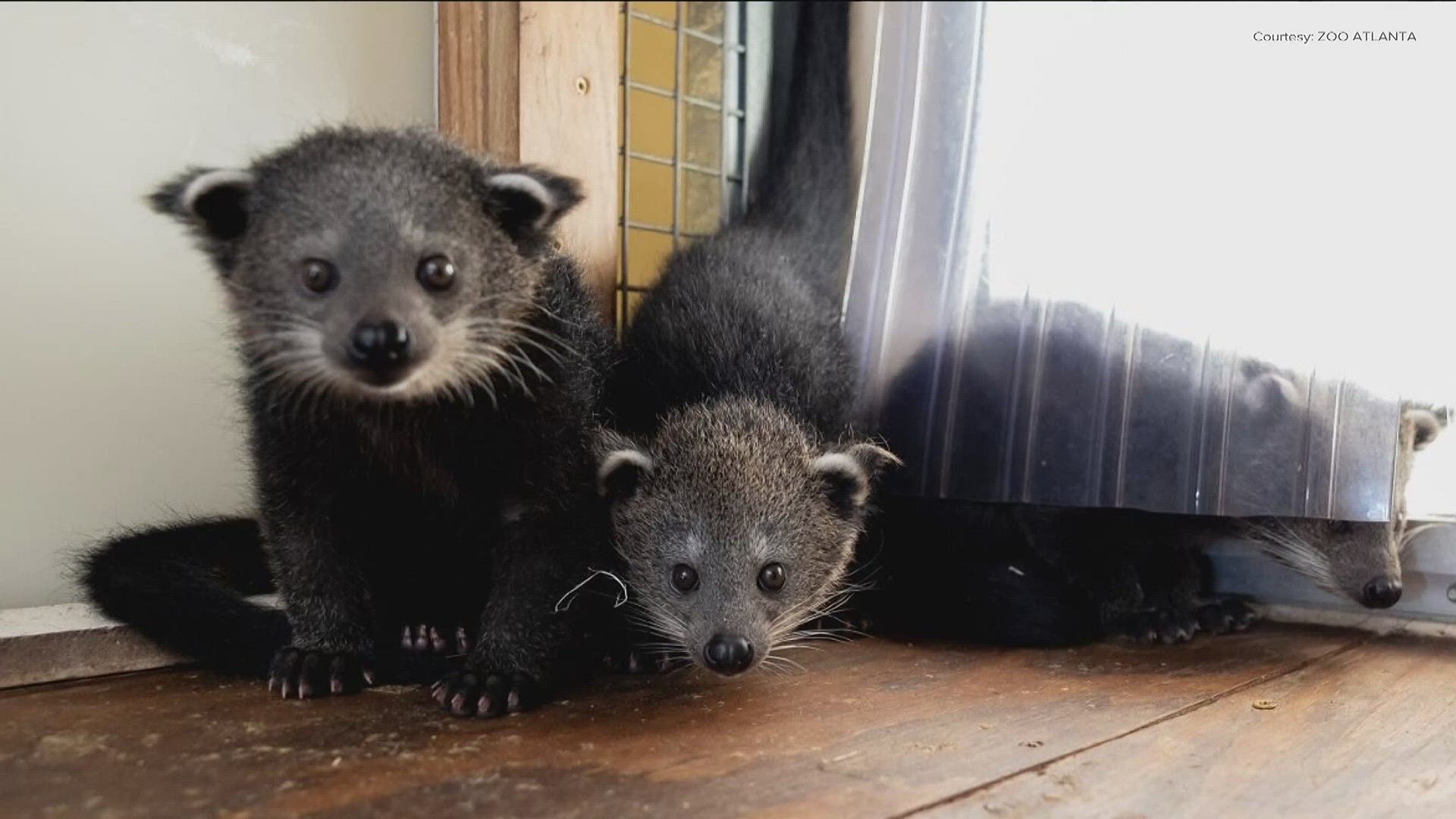ATLANTA — A rare and venomous species of lizard hatched at Zoo Atlanta. The Guatemalan beaded lizards were then transported to Guatemala as part of a conservation effort, zoo officials announced Wednesday.
Eleven endangered lizards, three males and eight females, recently hatched at Zoo Atlanta and were transported to the Parque Zoológico Nacional La Aurora in Guatemala to be part of a breeding colony to help sustain wild populations and their habitat. The lizards arrived at La Aurora Zoo last Wednesday.
Scientists at La Aurora Zoo and Universidad del Valle in Guatemala City are working collaboratively to introduce the zoo-bred offspring. The selected lizards will not be released into the wild, but rather, their offspring will be introduced into the wild after a quarantine period, Zoo Atlanta said in a release.
"Zoo Atlanta has since had many successes breeding this reclusive species, with a total of 41 offspring hatched," Zoo Atlanta officials said.
Currently, zoo officials estimate there are only between 500 to 600 lizards in Motagua Valley, where the reptiles originated.


More about Guatemalan beaded lizards
Guatemalan beaded lizards were first discovered by scientists in the mid-1980s and only live in a secluded part of the desert in eastern Guatemala, according to the zoo's website. The lizards are one of five venomous beaded species, including the Gila monster-- native to the Southwestern region of the U.S.
Their venom is used for self-defense and not capturing prey, Zoo Atlanta added.
"In truth, Guatemalan beaded lizards spend most of their life below ground and eat almost exclusively bird and reptile eggs, and they pose no threat or harm to humans on the very rare occasions when they are encountered," Zoo Atlanta wrote in the release. "The species still faces significant pressures from habitat loss due to agricultural development, as well as illegal collection for the international pet trade."

